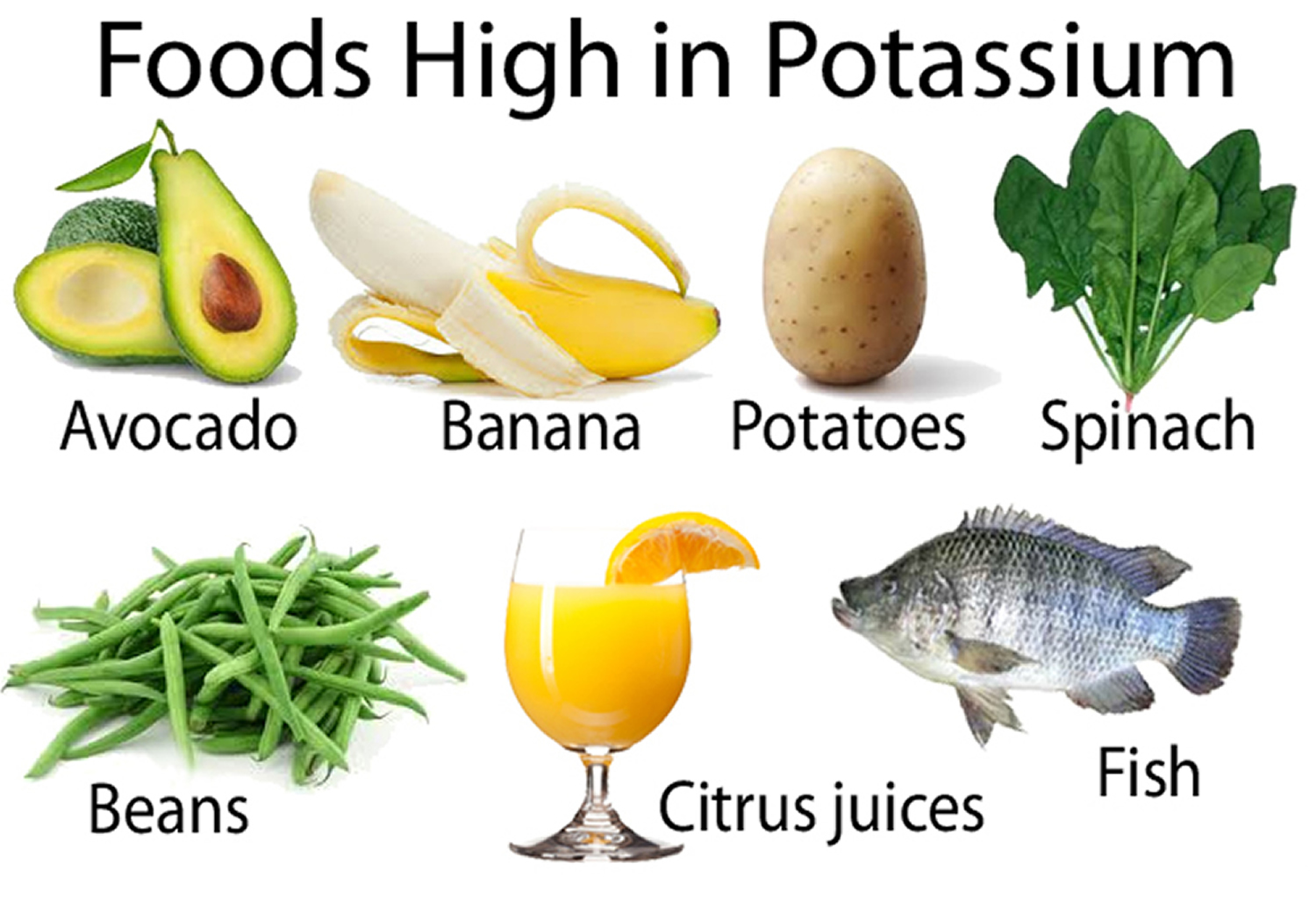Turkey is a nutritious and delicious meat that is a staple food for many around the holidays. But did you know that turkey is also a great source of potassium? In this article we’ll explore how much potassium is in turkey and why it matters for your health.
An Overview of Potassium
Potassium is an important mineral that plays many essential roles in the body. It helps maintain fluid balance, transmits nerve signals, stimulates muscle contraction, and regulates heart rhythm The recommended daily intake for potassium for adults is 4700mg However, most people fall short of this goal and only get about half of the recommended amount.
Meeting your potassium needs is important for reducing blood pressure, decreasing risk of stroke, preserving bone mineral density, and preventing kidney stones. Deficiency in potassium can lead to muscle cramps, weakness, constipation, and abnormal heart rhythms.
Turkey as a Source of Potassium
Turkey is a lean protein that is low in fat and calories, making it a healthy choice. But it also contains surprising amounts of potassium. A 3 ounce serving of roasted turkey breast with skin provides:
- 207 calories
- 0 g of fat
- 43 g of protein
- 349 mg of potassium
That supplies 7% of the daily value for potassium in just a small portion. Turkey is particularly rich in potassium compared to other meats. The same serving size of roasted chicken breast only has 198mg and roasted beef has 298mg.
Turkey contains more potassium than many other common foods as well:
- 1 medium banana: 422mg
- 1 baked potato with skin: 941mg
- 1 cup cooked spinach: 839mg
- 1 cup milk: 407mg
So while bananas often get all the credit for being a high potassium food, turkey provides just as much, if not more potassium per serving compared to other typical dietary sources.
The Benefits of Potassium in Turkey
The potassium in turkey offers many health perks. Here are some of the top benefits of getting adequate potassium from foods like turkey:
Supports heart health
Several studies have found that increased potassium intake can reduce blood pressure in people with hypertension. High blood pressure is a major risk factor for heart disease, so getting adequate potassium supports heart health.
Prevents muscle cramps
Muscle cramps and spasms can be caused by potassium deficiency. The potassium in turkey helps nerves and muscles communicate and contract properly.
Improves bone density
Turkey contains potassium as well as phosphorus and protein which helps improve calcium absorption and bone density. This makes turkey beneficial for reducing risk of osteoporosis.
Aids weight loss
Turkey is high in protein but lower in fat and calories than red meat. The protein and potassium content help you feel full. One study found higher potassium intake correlated with less belly fat.
Reduces stroke risk
According to one meta-analysis, increased potassium consumption is tied to a 24% lower risk of stroke. The potassium in turkey may help vasodilate blood vessels and lower blood pressure, reducing stroke risk.
Prevents kidney stones
Getting adequate potassium can help reduce calcium excretion in the urine. This lowers risk of kidney stones which are usually formed from calcium buildup.
Tips for Getting More Potassium from Turkey
Here are some simple tips to help you get more potassium from turkey:
-
Choose breast meat over dark meat. Turkey breast is lower in fat and calories but just as high in potassium.
-
Go skinless to cut fat and calories while retaining the potassium.
-
Try ground turkey in place of ground beef in dishes like chili, meatballs, burgers, etc.
-
Dice turkey and add it to salads, soups, and stir fries.
-
Make a turkey veggie wrap with avocado for extra potassium.
-
Snack on turkey jerky or turkey pepperoni sticks for a portable potassium punch.
-
Use leftover turkey in sandwiches, turkey tetrazzini or turkey enchiladas.
Who Should Be Cautious with Potassium from Turkey?
While most people can benefit from getting more potassium in their diets, there are some instances where caution should be used:
-
Those with kidney disorders should consult their doctor about appropriate potassium intake. Impaired kidneys may have difficulty removing excess potassium.
-
People taking ACE inhibitor blood pressure medication should moderate potassium intake. The medication can cause excess potassium retention.
-
Anyone taking potassium supplements should be careful about getting too much from food sources like turkey. Don’t exceed the upper limit of 4700mg per day.
As long as you don’t fall into one of the above categories, enjoying potassium-rich turkey as part of a healthy diet can do wonders for your overall health and wellbeing! It’s tasty and nutritious – a winning combination.
The Bottom Line
Turkey is an unsung hero when it comes to potassium content. Just a 3 ounce serving provides over 300mg – making it comparable to bananas, spinach, and potatoes gram for gram. With the many benefits potassium provides for heart health, muscles, bones, kidneys and more, it’s a great idea to incorporate turkey into your diet on a regular basis. Choose skinless, breast meat and use turkey in versatile ways to increase your potassium intake and improve your health.

7 Health Benefits Of Eating Turkey
FAQ
Does turkey have a lot of potassium?
Does sliced turkey have potassium?
Is turkey healthier than chicken?
Can I eat turkey every day?
